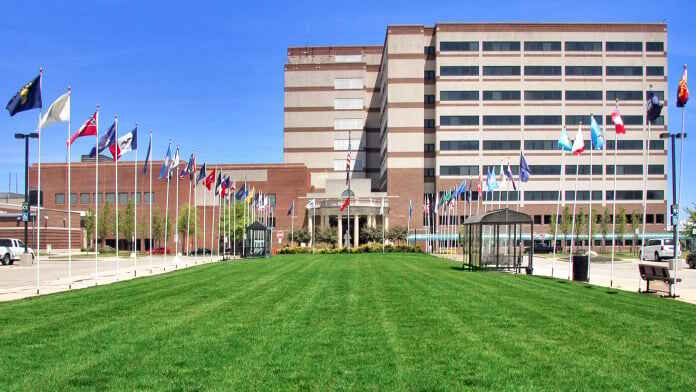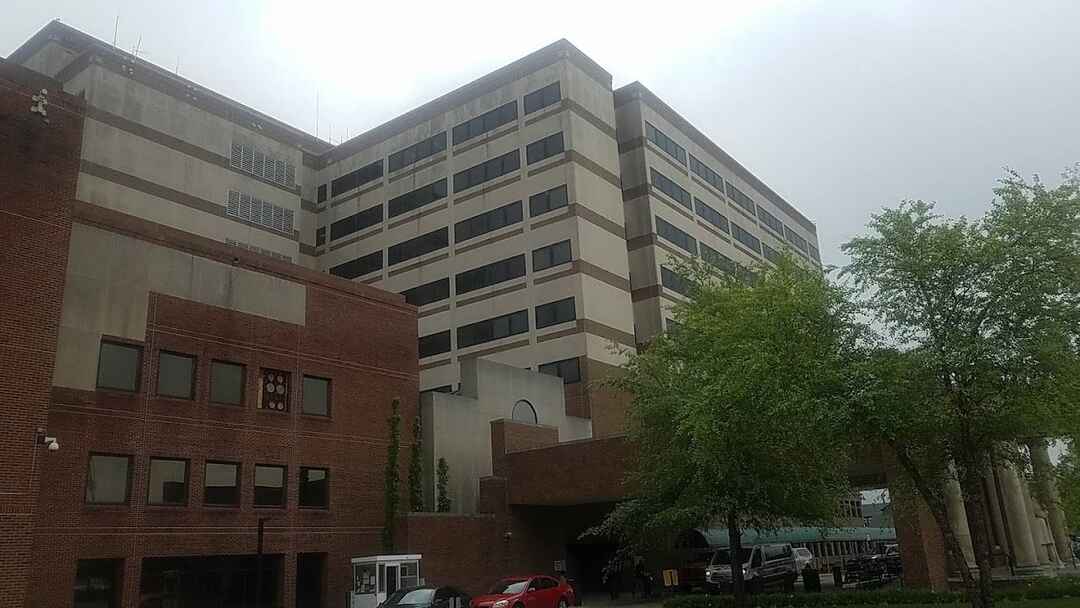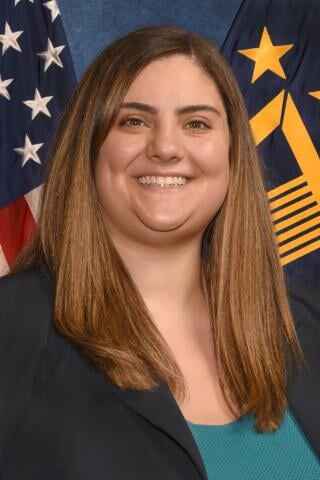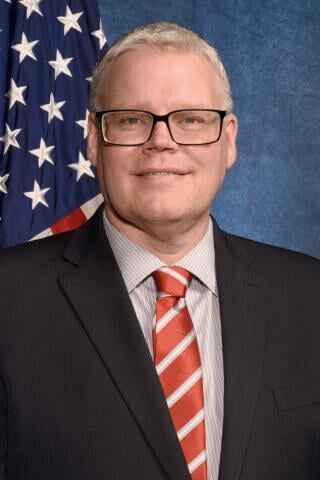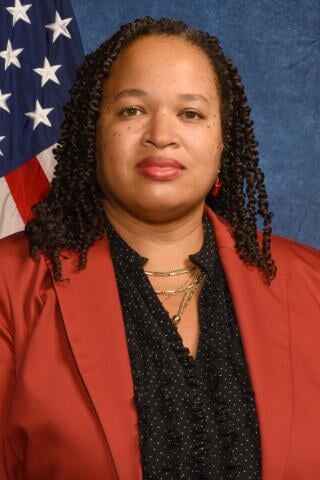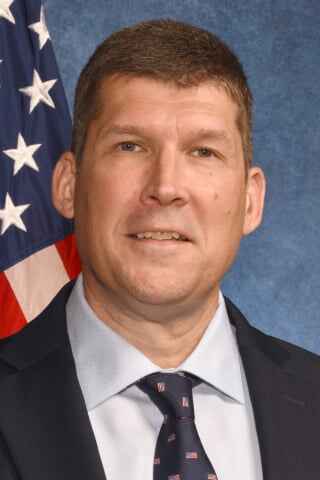About Dayton VA Medical Center – Dayton
Dayton VA Medical Center provides comprehensive mental health and addiction recovery services for military personnel, veterans, and families in Dayton, Ohio, including telehealth care, medically supervised detox, and inpatient, intensive outpatient (IOP), general outpatient (OP), sober living, and aftercare programming. Specialized services are available for adolescents, young adults, seniors, LGBTQ+ persons, homeless and indigent persons, persons with hearing impairment, and persons with co-occurring disorders. They are accredited by The Joint Commission and CARF.
Clients receiving care at Dayton VA Medical Center are given a complete medical and mental health assessment and personalized care plan. Additional services include crisis intervention and patient stabilization and complete case management.
Their inpatient programs are designed for clients who require round-the-clock clinical supervision and high-level structure and support, including those in early recovery or at an elevated relapse risk. Clients undergoing detox may be prescribed FDA-approved medications to ease withdrawal symptoms and prevent complications. Clients engage in intensive individual, group, and family counseling and robust, recovery-focused life skills training addressing topics such as coping, self-care, medication management, and relapse prevention. Evidence-based complementary therapies are available, including medication, yoga, and fitness and experiential therapy.
Their outpatient programs encompass multiple levels of care to align with clients’ evolving needs. Aftercare services may include step-down support, 12 step program facilitation, housing and employment assistance, and referrals for additional services.
In addition to military insurance, Dayton VA Medical Center accepts many major insurance plans, including Aetna, Anthem, BlueCross BlueShield, Humana, United Healthcare, and Kaiser Permanente. They may also accept Beacon, Ambetter, ComPsych, and others. Out of network benefits vary. Check with your provider to verify coverage.
